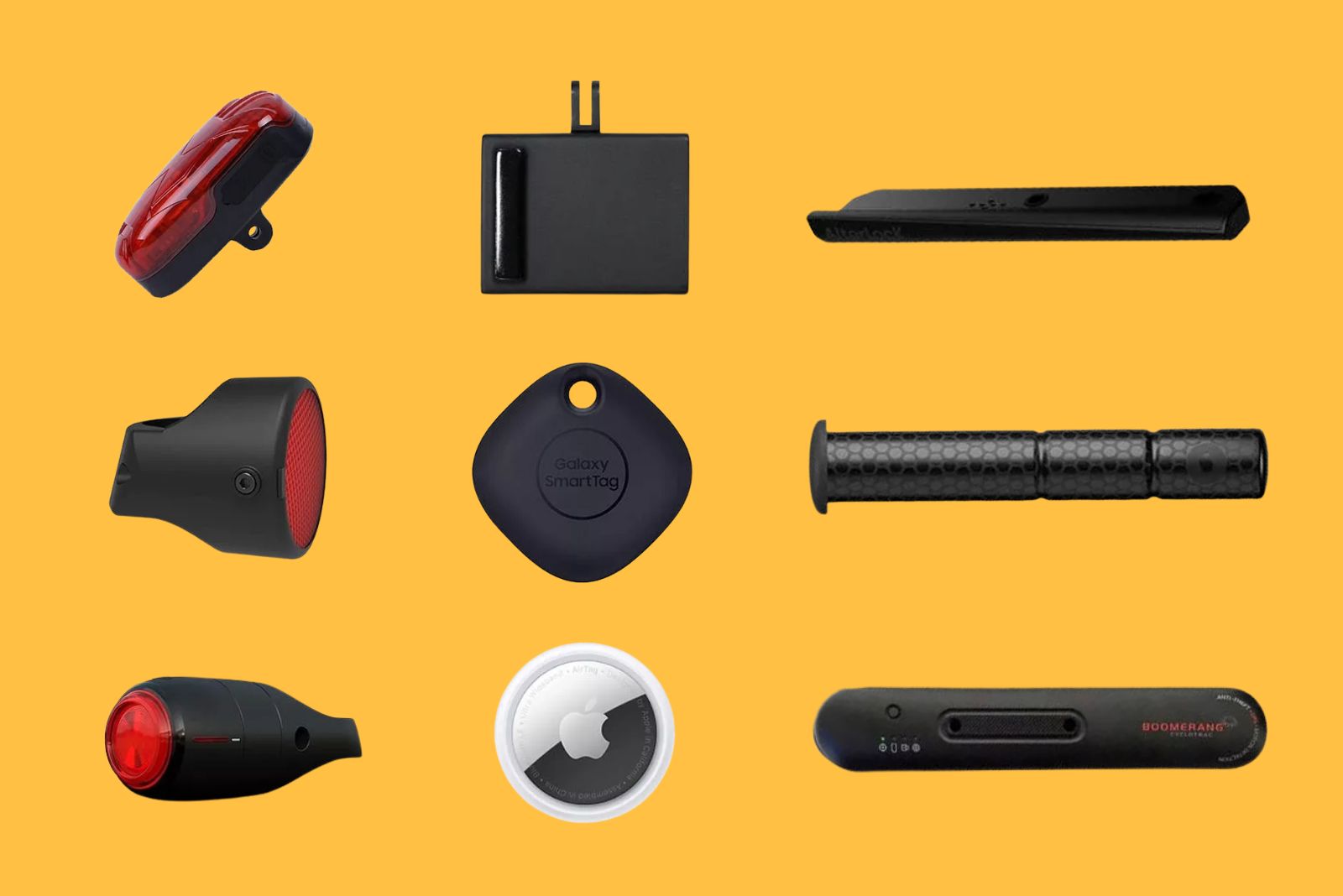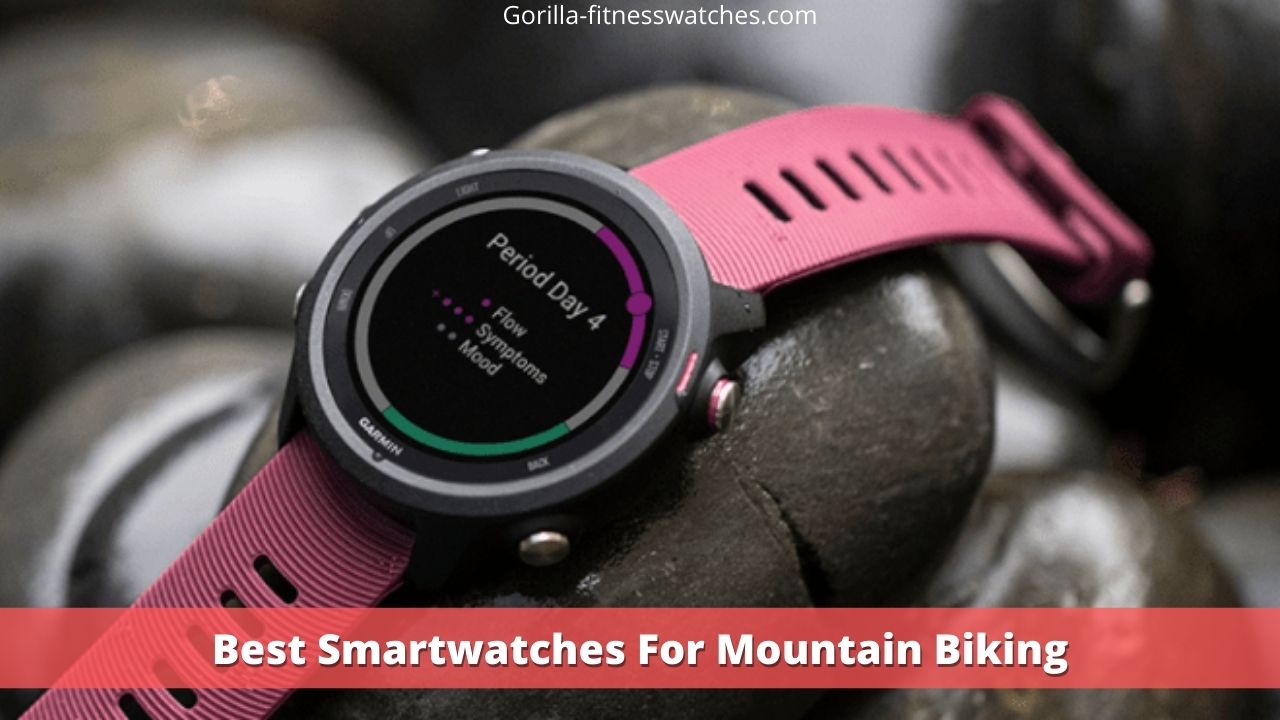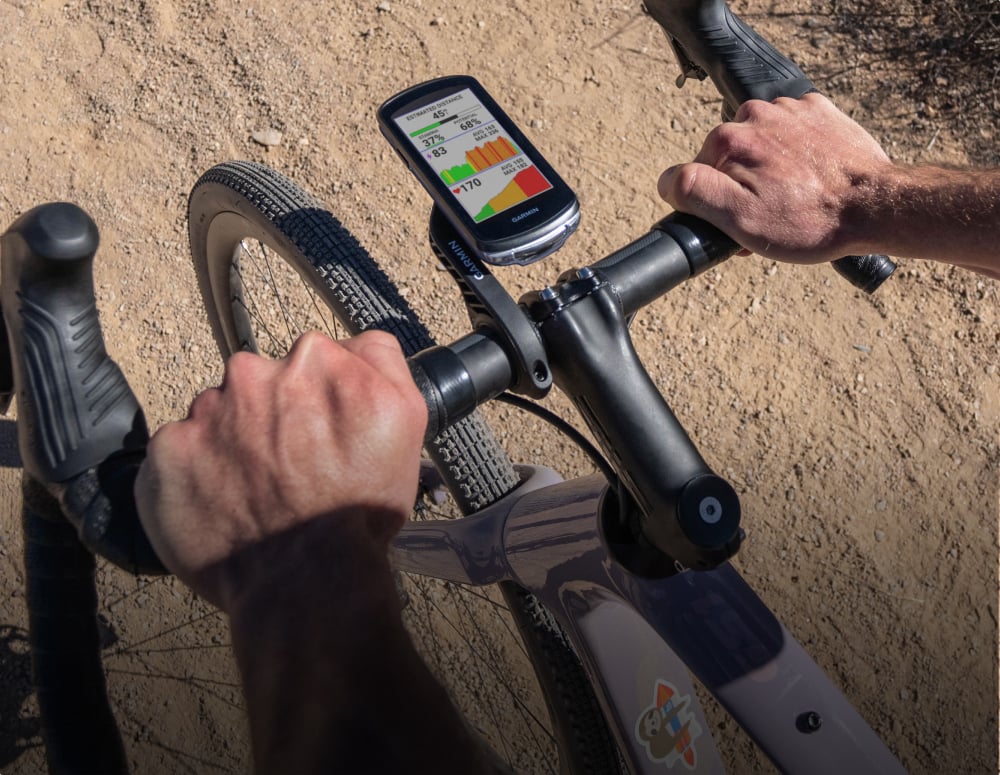Why You Need a GPS Bike Tracker for Enhanced Safety and Security
Bike safety and security are top concerns for cyclists, and a GPS bike tracker can provide peace of mind while riding. According to the National Bike Registry, over 1.5 million bicycles are stolen each year in the United States alone. A GPS bike tracker can help recover stolen bikes and prevent theft by providing real-time location tracking. These devices can also alert authorities and bike owners in the event of a theft, increasing the chances of recovery.
In addition to theft prevention, GPS bike trackers can also enhance safety while riding. Many devices offer features such as crash detection, incident reporting, and emergency alerts, which can quickly notify authorities and loved ones in the event of an accident. This can be especially important for cyclists who ride alone or in remote areas.
When choosing a GPS bike tracker, look for devices that offer advanced security features, such as GPS tracking, GSM connectivity, and Bluetooth Low Energy (BLE) technology. These features can provide accurate location tracking, even in areas with limited cellular coverage. Some popular GPS bike trackers, such as the Garmin Edge and Lezyne GPS, offer these advanced security features and more.
Investing in a GPS bike tracker can provide cyclists with an added layer of safety and security while riding. With the ability to track location, detect crashes, and alert authorities, these devices can help prevent theft and enhance overall cycling safety. Whether you’re a casual rider or a serious athlete, a GPS bike tracker is an essential accessory for any cyclist.
How to Choose the Best GPS Bike Tracker for Your Needs
When selecting a GPS bike tracker, there are several factors to consider to ensure you find the best device for your needs. Accuracy is a top priority, as you want to be able to track your bike’s location in real-time. Look for devices that use a combination of GPS, GSM, and Bluetooth Low Energy (BLE) technology to provide accurate location tracking.
Battery life is also an important consideration, as you don’t want your device to run out of power while you’re on a ride. Look for devices with long battery life, such as those that can last up to several weeks on a single charge. Water resistance is also a must, as you never know when you might encounter unexpected rain or water on your ride.
Compatibility with smartphones is also a key factor, as you want to be able to easily track your bike’s location and receive notifications on your phone. Look for devices that are compatible with both iOS and Android devices, and that offer a user-friendly app for tracking and monitoring your bike.
Other features to consider when choosing a GPS bike tracker include the device’s size and weight, as well as its ease of installation. Some devices are designed to be compact and lightweight, making them easy to attach to your bike’s frame or seatpost. Others may require more complex installation, so be sure to consider this when making your decision.
By considering these factors and doing your research, you can find the best GPS bike tracker for your needs and enjoy added peace of mind while riding. Whether you’re a casual rider or a serious athlete, a GPS bike tracker is an essential accessory for any cyclist.
Garmin Edge vs. Lezyne GPS: A Comparison of Top Bike GPS Devices
When it comes to choosing a GPS bike tracker, two popular options stand out: the Garmin Edge and the Lezyne GPS. Both devices offer advanced features and functionality, but they cater to different types of cyclists and riding styles. In this comparison, we’ll explore the features, pros, and cons of each device to help you decide which one is the best bike GPS tracking device for your needs.
The Garmin Edge is a high-end GPS bike tracker that offers advanced features such as live tracking, route planning, and performance monitoring. It’s designed for serious athletes and cyclists who want to track their progress and improve their performance. The device is compact and lightweight, making it easy to attach to your bike’s handlebars or stem.
The Lezyne GPS, on the other hand, is a more affordable option that still offers a range of advanced features, including GPS tracking, Bluetooth connectivity, and smartphone app integration. It’s designed for casual riders and commuters who want a reliable and easy-to-use GPS bike tracker. The device is also compact and lightweight, making it easy to attach to your bike’s frame or seatpost.
One of the key differences between the two devices is their user interface. The Garmin Edge has a more complex interface with a range of customizable screens and data fields, while the Lezyne GPS has a simpler interface with a focus on ease of use. The Garmin Edge also offers more advanced features, such as live tracking and performance monitoring, while the Lezyne GPS focuses on providing a reliable and accurate GPS signal.
Ultimately, the choice between the Garmin Edge and the Lezyne GPS will depend on your specific needs and preferences. If you’re a serious athlete or cyclist who wants advanced features and customization options, the Garmin Edge may be the best choice. If you’re a casual rider or commuter who wants a reliable and easy-to-use GPS bike tracker, the Lezyne GPS may be the better option.
The Benefits of Real-Time Tracking: How GPS Devices Enhance Your Cycling Experience
Real-time tracking is one of the most significant benefits of using a GPS bike tracking device. With real-time tracking, you can monitor your bike’s location and movement in real-time, providing an added layer of safety and security. This feature is especially useful for cyclists who ride in remote areas or at night, as it allows them to track their bike’s location and receive alerts if it is moved or stolen.
In addition to real-time tracking, many GPS bike tracking devices also offer route planning and performance monitoring features. These features allow you to plan and track your routes, monitor your speed and distance, and analyze your performance. This can be especially useful for cyclists who are training for a competition or trying to improve their overall fitness.
Another benefit of GPS bike tracking devices is their ability to provide live tracking. This feature allows you to share your location with friends and family in real-time, providing an added layer of safety and security. This can be especially useful for cyclists who ride alone or in remote areas, as it allows them to stay connected with loved ones and receive help if needed.
GPS bike tracking devices also offer a range of other features that can enhance your cycling experience. These include customizable data screens, audio alerts, and integration with popular cycling apps. These features can help you stay focused on your ride, monitor your performance, and receive important alerts and notifications.
Overall, GPS bike tracking devices offer a range of benefits that can enhance your cycling experience. From real-time tracking and route planning to performance monitoring and live tracking, these devices provide an added layer of safety, security, and convenience. Whether you’re a casual rider or a serious athlete, a GPS bike tracking device is an essential accessory for any cyclist.
Additional Features to Look for in a GPS Bike Tracker
When selecting a GPS bike tracker, there are several additional features to consider that can enhance the functionality of the device. One such feature is crash detection, which can automatically alert authorities and loved ones in the event of a crash. This feature can provide an added layer of safety and security for cyclists, especially those who ride alone or in remote areas.
Incident reporting is another feature to look for in a GPS bike tracker. This feature allows cyclists to report incidents, such as accidents or theft, directly from the device. This can help authorities and insurance companies to quickly respond to incidents and provide assistance.
Integration with popular cycling apps is also an important feature to consider. Many GPS bike trackers can integrate with apps such as Strava, Training Peaks, and MapMyRide, allowing cyclists to track their performance and share their rides with friends and family.
Other features to look for in a GPS bike tracker include customizable data screens, audio alerts, and integration with wearable devices such as heart rate monitors and smartwatches. These features can help cyclists to stay focused on their ride, monitor their performance, and receive important alerts and notifications.
When selecting a GPS bike tracker, it’s also important to consider the device’s compatibility with your smartphone and computer. Look for devices that offer seamless integration with your devices, allowing you to easily track your bike’s location and monitor your performance.
By considering these additional features, you can find a GPS bike tracker that meets your specific needs and provides an added layer of safety, security, and convenience. Whether you’re a casual rider or a serious athlete, a GPS bike tracker is an essential accessory for any cyclist.
What Cyclists Say: Reviews and Ratings of Top GPS Bike Tracking Devices
Cyclists who have used popular GPS bike tracking devices have shared their experiences and feedback online. Many have praised the Garmin Edge and Lezyne GPS for their accuracy, reliability, and ease of use. Some have noted that the Garmin Edge is more feature-rich, while others prefer the Lezyne GPS for its simplicity and affordability.
On Amazon, the Garmin Edge has an average rating of 4.5 out of 5 stars, with many reviewers praising its accuracy and reliability. One reviewer noted, “I’ve been using the Garmin Edge for a few months now, and it’s been a game-changer for my cycling experience. The GPS tracking is accurate, and the device is easy to use.”
The Lezyne GPS also has an average rating of 4.5 out of 5 stars on Amazon, with many reviewers praising its simplicity and affordability. One reviewer noted, “I was skeptical about spending money on a GPS bike tracker, but the Lezyne GPS has been worth every penny. It’s easy to use, and the battery life is great.”
Other cyclists have shared their experiences with GPS bike tracking devices on online forums and social media. Many have praised the devices for their ability to provide peace of mind and enhance their cycling experience. Some have noted that the devices have helped them recover stolen bikes or prevent theft.
Overall, the reviews and ratings from cyclists who have used popular GPS bike tracking devices are overwhelmingly positive. These devices have been shown to provide accurate GPS tracking, enhance cycling safety and security, and offer a range of features that cater to different types of cyclists and riding styles.
Stay Connected and Safe: The Future of GPS Bike Tracking Technology
The future of GPS bike tracking technology is exciting and rapidly evolving. Advancements in accuracy, battery life, and integration with emerging technologies like AI and IoT are expected to revolutionize the way cyclists track their bikes and stay connected.
One of the most significant advancements in GPS bike tracking technology is the integration of artificial intelligence (AI). AI-powered GPS bike trackers can learn a cyclist’s riding habits and provide personalized recommendations for route planning, performance monitoring, and safety alerts.
Another area of innovation is the integration of Internet of Things (IoT) technology. IoT-enabled GPS bike trackers can connect to other devices and systems, such as smart home security systems, to provide a more comprehensive safety and security solution.
Advances in battery life are also expected to play a significant role in the future of GPS bike tracking technology. New battery technologies, such as lithium-ion batteries, are being developed to provide longer battery life and faster charging times.
In addition, the use of satellite technology, such as GPS and GLONASS, is expected to continue to improve the accuracy and reliability of GPS bike tracking devices. This will enable cyclists to track their bikes with greater precision and confidence.
As the technology continues to evolve, we can expect to see even more innovative features and functionalities in GPS bike tracking devices. These may include advanced safety features, such as automatic crash detection and emergency alerts, as well as integration with popular cycling apps and platforms.
Overall, the future of GPS bike tracking technology is bright and exciting. With advancements in accuracy, battery life, and integration with emerging technologies, cyclists can expect to stay connected and safe on the road like never before.
Conclusion: Find the Best GPS Bike Tracker for Your Next Ride
In conclusion, a GPS bike tracker is an essential accessory for any cyclist looking to enhance their safety and security on the road. With the ability to track your bike’s location in real-time, receive alerts and notifications, and monitor your performance, a GPS bike tracker can provide peace of mind and improve your overall cycling experience.
When selecting a GPS bike tracker, consider factors such as accuracy, battery life, water resistance, and compatibility with smartphones. Look for devices that offer advanced features such as crash detection, incident reporting, and integration with popular cycling apps.
Based on our research and analysis, we recommend the Garmin Edge and Lezyne GPS as two of the best bike GPS tracking devices on the market. Both devices offer advanced features, high accuracy, and long battery life, making them ideal for cyclists of all levels.
Ultimately, the best GPS bike tracker for you will depend on your specific needs and preferences. We hope that this article has provided you with the information and insights you need to make an informed decision and find the best GPS bike tracker for your next ride.








